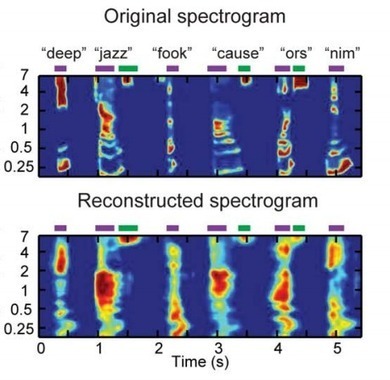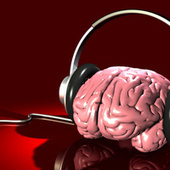Research and publish the best content.
Get Started for FREE
Sign up with Facebook Sign up with X
I don't have a Facebook or a X account
Already have an account: Login

 Your new post is loading... Your new post is loading...
 Your new post is loading... Your new post is loading...
|
|















Sensitivity to emotion in speech prosody derives from our capacity to process music, supporting the idea of an evolutionary link between musical and language domains in the brain.